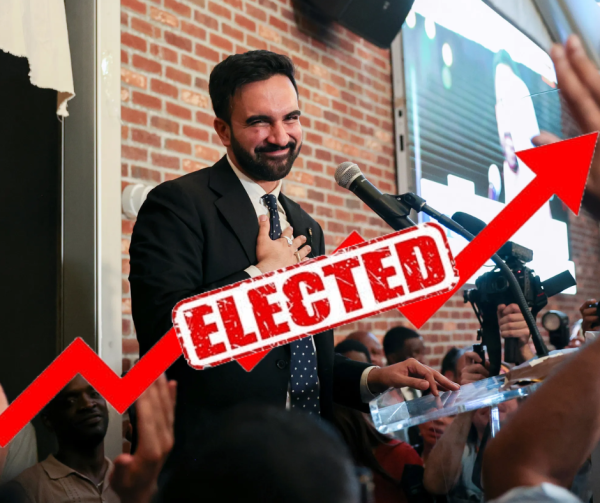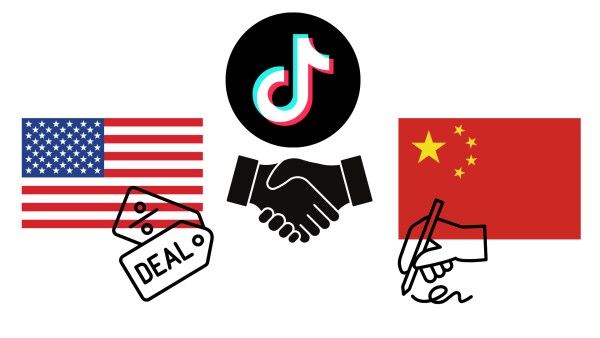Biden will pardon prior offenses of simple marijuana possession

Photo credited to New York Times
On Oct. 6., Pres. Biden pardoned minor marijuana possession offenses resulting in about 6,500 people to be released from prison.
President Joe Biden announced in an official White House statement on October 6, that he would be pardoning those incarcerated for the federal offense of simple marijuana possession. This pardon affects approximately 6,500 people who have been convicted since 1992.
“Sending people to jail for possessing marijuana has upended too many lives — for conduct that is legal in many states,” President Biden said via Twitter. “That’s before you address the clear racial disparities around prosecution and conviction.”
This pardon is seen as a step towards healing the still-present effects of the War on Drugs and War on Cannabis, which has primarily harmed and targeted Black, Latine, and Indigenous communities. Biden additionally called on governors to follow his example and pardon minor marijuana possession offenses on the state level. It’s possible that this will also cause a chain reaction of more states legalizing marijuana.
“I believe it’s a step in the right direction that individuals incarcerated for minor cannabis possession are being pardoned,” school psychologist Jason Ness said. “However, the legal system needs to articulate a plan for how they are going to reintegrate these individuals back into society with proper support for mental health, job training, and housing. Even more significant, the system will need to address the traumas inflicted that ultimately determine the outcomes for many.”
Furthermore, others say that this pardon does not do enough. Over 40,000 people are currently incarcerated for marijuana-related offenses, and given that Black people are 3.73 times more likely to be arrested for marijuana than White people are, a study by ACLU suggests that a significant amount of Black people are among those 40,000.
There are many nuances to the new pardon. For instance, immigrants in the country illegally at the time of their arrest cannot be pardoned. Additionally, the emphasis on minor marijuana possession causes only a small amount of the total people in jail for cannabis to qualify for the pardon. A majority of those who have been incarcerated are serving sentences for selling or distributing, which is not included in the pardon.
Even though there are many obstacles in the pardon, there is still hope. “I was very happy for the people who can start to mend these collateral consequences that they continue to undergo while being a felon,” Last Prisoner Project (a non-profit organization dedicated to cannabis criminal justice reform) partnerships manager Stephanie Shepard said.

Joanna (Jo) Eaddy is a senior and president of Niles North's GSA. They enjoy reading, sports, and going on walks in the fall.







Cynthia Fey • Nov 4, 2022 at 9:33 am
This is great news! Thanks for spreading the word. And thanks for getting Mr. Ness’s important comment!